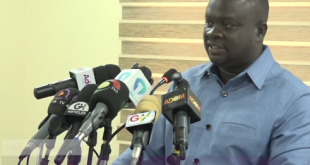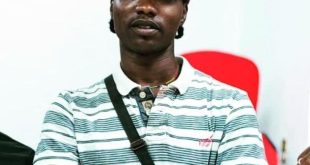Togo is now among several countries affected by a fresh wave of U.S. travel restrictions issued by President Donald Trump, citing national security concerns.
According to a CNN report, Trump signed a presidential proclamation on Wednesday evening enforcing either full or partial travel bans on citizens from countries flagged for security lapses.
The measure fully bars nationals from 12 countries — including Afghanistan, Iran, Libya, and Somalia — from entering the U.S. Meanwhile, Togo is one of seven nations facing partial entry restrictions, alongside Cuba, Burundi, Laos, Sierra Leone, Turkmenistan, and Venezuela.
The White House says the bans are not one-size-fits-all but are tailored to each country’s specific risks, such as inadequate identity verification systems, high visa overstay rates, and failure to share vital security information with the U.S. government.
Exemptions do exist. The restrictions do not apply to lawful permanent residents, valid visa holders, or those deemed to serve U.S. national interests.
White House Deputy Press Secretary Abigail Jackson defended the move on X (formerly Twitter), saying Trump is “keeping his promise to protect Americans” and emphasizing that the ban is “commonsense and targeted,” not a blanket prohibition.
Trump hinted that the list could be expanded as global security threats evolve. “We won’t let in anyone who poses a risk to our country,” he said in a video posted Wednesday.
The directive goes into effect at 12:01 a.m. on June 9 and follows an executive order Trump signed on his first day in office this year, which instructed U.S. agencies to reassess international screening and vetting standards.
The policy revives elements of Trump’s first-term travel ban, which faced legal pushback and was ultimately reversed by President Joe Biden in 2021. Critics have blasted the new ban as discriminatory, arguing it unfairly targets vulnerable populations.
Shawn Vandiver, head of the #AfghanEvac coalition, said the policy unjustly affects families and individuals with lawful motives for travel. Meanwhile, Oxfam America President Abby Maxman described it as a “dangerous return to divisive, fear-driven policies.”
Some foreign officials, like Venezuela’s Interior Minister Diosdado Cabello, mocked the new rules, calling travel to the U.S. “a risk for anyone, not just Venezuelans.”
The White House insists the list will remain under review, adjusting to cooperation levels and evolving security assessments globally.
 Adoa News Adoa News
Adoa News Adoa News




